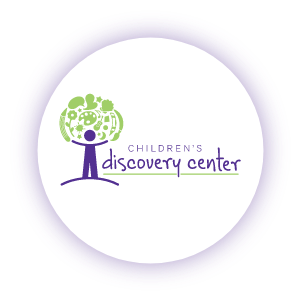“A day without a friend is like a pot without a single drop of honey left inside.” ~Winnie the Pooh
Friendship is important at any age, but for preschoolers, it is a foundational part of learning how to interact with their peers and manage their emotions in positive ways. That’s why talking to your preschooler about the importance of friendship is a good way to help them navigate their relationships and learn to be a good friend in the process.
Here are some conversation starters to help you discuss the importance of friendship with your child:
1. “How does a good friend talk and act?”
Sit down together and make a list of “good friend” qualities such as being kind, sharing toys and helping others. Teach them phrases that will help them communicate clearly and kindly. Let them know that both their words and their actions matter.
For more tips on how to help your preschooler be a good friend, check out this article.
2. “What are some ways to have fun with your friends?”
Talk with your child about the importance of getting along and doing things together. List some fun activities that require two or more children such as board games, basketball or tag. Be sure to encourage your child to be friendly to everyone—including children who might feel shy or left out.
3. “What are some good ways of dealing with friends who aren’t treating you nicely?”
Allow your children to come to you when their friends aren’t treating them well. Listen intently without being dismissive. This will show your child that they can talk to you openly and discuss ways to handle hurtful situations.
By talking with your preschooler about friendship, you’re not only helping them develop social skills, but you’re also opening the lines of communication for future conversations. You’ll be reinforcing things like kindness, generosity and thoughtfulness while also addressing issues such as anger, selfishness and even bullying.
Here’s an informative article to help your preschooler understand bullying on their level.
If your child struggles with friendship, consider these tips:
- Roleplay with your child and practice interacting as if you are a friend their age.
- Talk about simple acts of kindness that can be done at home or at school.
- Schedule a playdate with only one other child to reduce feelings of being overwhelmed.
- Volunteer at a school event and bring your child along to help.
- Encourage your preschooler to draw pictures for their classmates and hand them out the next day.
The Center for Parenting Education offers this insight for children who are shy or reserved: “It should be noted that the process of socialization takes time. In order to feel safe, shy children often stand back and watch an activity instead of taking part. They begin the socialization process by observing and listening to the interactions of others. When they feel comfortable they move closer.”
Whether your child is outgoing or introverted, having regular conversations with them about the importance of friendship can make all the difference. Keep the lines of communication open and be observant of your preschooler’s words and actions. With a little help, you’ll be setting the groundwork for healthy ways of interacting with others and developing lasting friendships.
 419-867-8570
419-867-8570